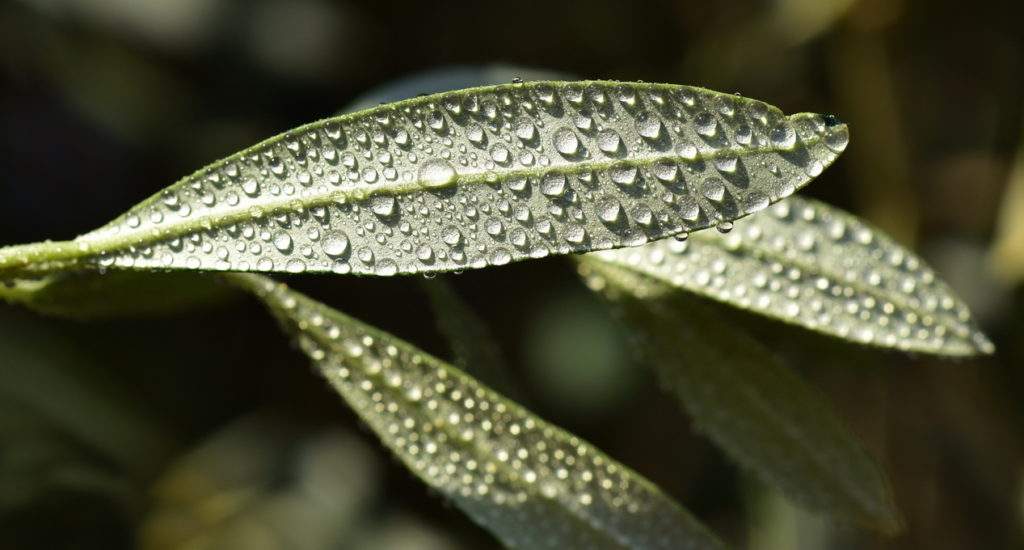Metal Ionization Technology In Agriculture’s Service

One of the most important challenges faced by the sector of agriculture throughout the globe (farmers, scientists and agriculture professionals) is the rational use of fertilizers in crops and the adoption of a sustainable cultivation system with a small environmental footprint resulting in low production costs and minimal environmental pollution.
According to the Association of Fertilizer Producers and Traders (SPEL), Greek fertilizer consumption decreased by 8.7% (to 667,368 tons) during the growing season between July 2016 – June 2017 compared to the previous year and by 24% compared to 2010. This level is the lowest recorded in the last 25 years, which indicates that crops are heavily under-fertilized. The reduction of 2016-2017 was directly related to the overall negative economic status which prevailed in the agricultural sector. According to industry sources, cultivated plants, due to lack of essential nutrients in soil, could not hold fruit in the spring, while they had difficulty to feed them until harvest. (http://worldenergynews.gr/index.php?id=25655)
On the other hand, the adverse effects of fertilizers on the environment were identified and studied such as the acidification of agricultural soils which gradually degrade, the toxicity to aquatic organisms in natural water deposits due to leaching (e.g. lakes, rivers, etc.), nitrate pollution of groundwater and drinking water due to deep filtration or surface runoff of nitrogen and the contribution to global warming. (Effects of intensive fertilizer use on the human environment, FAO). These serious environmental impacts are mainly due to the use of simple or complex soil applied fertilizers, which are used only by a small to medium percentage by plants. The remaining percentage ends up to groundwater or surface water deposits and remains unused by crops due to leaching or filtration.
Agrocure aiming at contributing to the reduction of environmental pollution and small bioavailability of fertilizers, developed, registered and launch in the Greek and European market specialized inorganic plant nutrition fertilizers based on metal ions (Fe2+), copper (Cu2+), zinc (Zn2+) and manganese (Mn2+) complexed with sulphate ions (SO42-) and water molecule dipoles. These liquid fertilizers are applied foliarly or through soil and are 100% bioavailable to plants due to the full ionic form of their metals, which is achieved through a specific ionization method.
It should be stressed that these fertilizers are not mixtures of minerals/nutrients but special ionic metal products containing one metal/nutrient per formulation. With this series of fertilizers, the following can be achieved:
- Targeted use of only the nutrient or nutrients which are needed by the plants and no any others which are not needed and which will end up polluting the environment
- Foliar application and fast absorption by plants of the element or elements which are in shortage since nutrients will be available in their ionic form which is the most absorbable by plants
- The risks of leaching or filtration in the soil is significantly reduced, while in parallel the percentage nutrient absorption by the plants and therefore the fertilizers efficiency will be increased
- The cost of agricultural production will be reduced as irrational use of nutrients, not needed by plants, will be minimized
- Organic certification of agricultural products, since all formulations are products of inorganic natural minerals, compatible with EU regulation 2003/2003 and certified as organic
